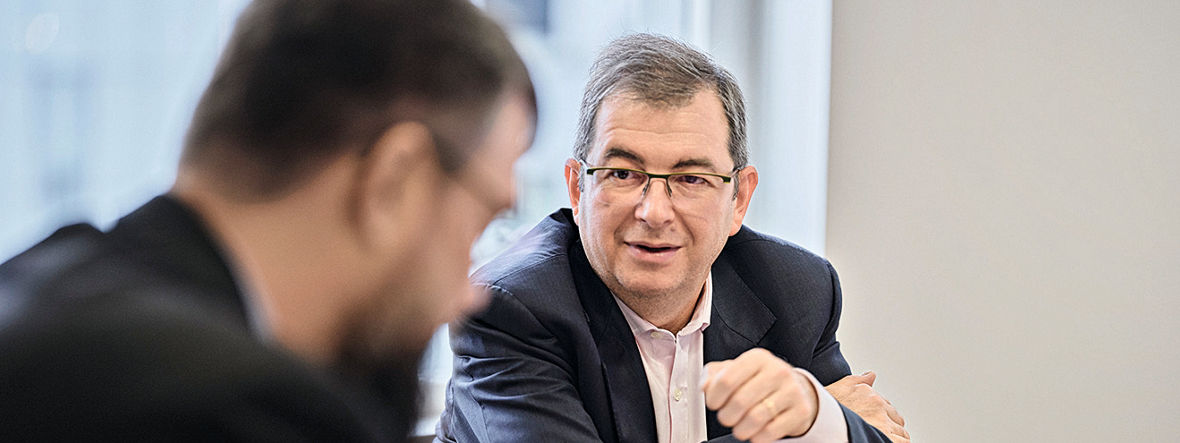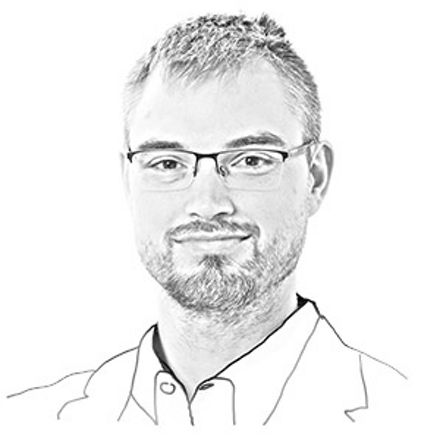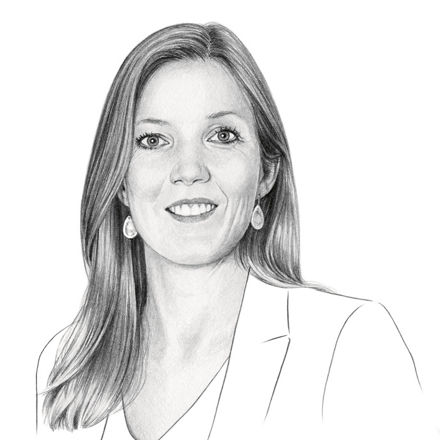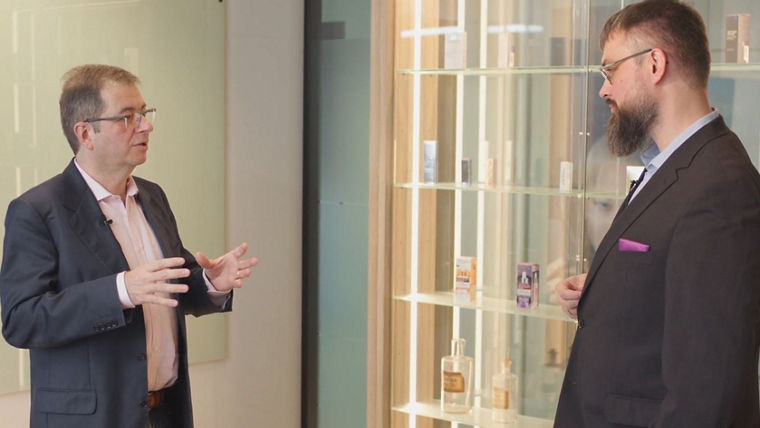Mr. Climeau, along with price and quality, sustainability is playing an ever-greater role in customers’ purchasing decisions. How do you react to these requirements?
L’Oréal has been a pioneer of sustainability in the beauty sector for more than 30 years. As the market leader, we have a responsibility to positively influence the standards of the entire industry in the interest of the environment, and to do so worldwide.
Where do you actually start?
We started long time ago in the distribution centers and factories. We also committed ourselves to foregoing tests on animals as early as 1989, long before they were forbidden in Europe. Because we are convinced that we have to follow a scientific approach to be ever more respectful of the environment, we established dedicated laboratories as early as 1995 and set environmental targets in 2009. Four years later we launched a global sustainability program.
ELEMENTS-Newsletter
Get exciting insights into Evonik's research and its social relevance – conveniently delivered to your inbox.
In 2015, we first had our sustainability strategy validated by the Science Based Targets Initiative—a climate action organization that enables companies and financial institutions worldwide to play their part in combating the climate crisis. We do not see sustainability as an extra but rather as a fundamental requirement and a central point of our activities. This is also reflected in the “L’Oréal for the Future” transformation program with which we are aiming at strongly reducing our effects on the climate, water, resources, and biodiversity since 2020.
How do you integrate suppliers and partners in this strategy?
The changes affect the entire value chain, starting with the agricultural sector, the raw material, and finished product production and extending to the supply chain to our clients and the end customers’ use of the product. For example, we are working with Carbios, a company that is forging ahead with the enzymatic recycling of plastics. Shower heads from Gjosa, a water technology start-up acquired by L’Oréal, help to reduce water consumption in hairdressers’ salons.
What role do biotechnologically produced ingredients such as those from Abolis play here?
Manufacturing raw materials by means of biotechnology is a powerful lever for innovation and at the same time helps to further reduce our environmental impact. Biotechnology is an important component of our green sciences toolbox along with green extraction, green chemistry and sustainable cultivation, to provide more sustainable, high-performance ingredients.
Is it also a matter of getting products to market faster?
Of course, we hope that cooperations such as those with Abolis and Evonik can help us cut the time to market launch, simply because we bring together more brains and capabilities. Evonik takes account of aspects that are decisive for processing on an industrial scale at a very early stage. But above all, we share the same vision. I remember meetings with Evonik employees in which we discussed respective ideas and plans for greater sustainability, and we could have almost exchanged the slides because the mindset and approach were so aligned. Of course, a vision on slides isn’t enough; what matters is following up with concrete steps. We can use our respective expertise and our combined research, innovation, and production capacities to establish a value chain that has the potential to be a gamechanger for biologically based ingredients in the cosmetics industry. That’s also something that Evonik sees exactly as we do - and makes them an ideal partner.

Guillaume Climeau
As Head of Business Development and Alliance Management at L’Oréal R&I, Guillaume Climeau, 53, is responsible for strategic business development and the establishment and management of partnerships at L’Oréal. He brings experience from the pharmaceutical sector and has worked at Unilever, the pharmaceutical group Sanofi, and dermatology specialist Galderma in Tokyo and Paris.




